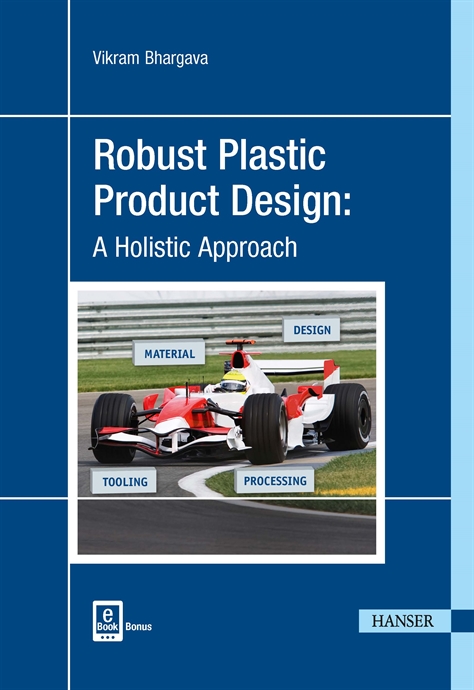At press time, American Axle & Manufacturing Holdings Inc. (Detroit) remains locked in a month-plus long strike with the United Auto Workers union over proposed pay cuts. How swiftly things change; it wasn’t all that long ago that American Axle and its CEO Richard E. Dauch were admired for a good relationship with the UAW.
But now, as the effects of this strike propagate, that picture has changed. GM has already had to shut down or curtail production at 30 plants in North America, crippling production of pickup trucks and sport-utility vehicles, which are among GM’s most profitable models. More production cutbacks are sure to come if the strike drags on.
While American Axle is asking the UAW workers to take pay cuts, it recently gave its chief executive a handsome 9.6 percent pay raise and stock and options valued at $4.4 million. Dauch is reported to have earned a salary of $1.47 million last year, and also saw restricted stock valued at $7.7 million vest because he reached retirement age of 65. This disparity between a handsome raise for the CEO while demanding pay cuts from the rank and file will likely ring a bell or two among those who remember the reopening of a master contract by the UAW in 1982. That was only the second time in the UAW’s history that it had agreed to reopen a master contract. At the time, the UAW agreed to pay concessions with GM. But then, after the agreement was officially ratified, GM disclosed a new, more generous bonus plan for the company’s top executives.
Perhaps more importantly, there’s a potentially serious concern here that goes beyond the UAW’s strike at American Axle. Although American Axle is currently profitable overall, the company says the plants affected by the strike are not. Given the present state of the North American auto industry that could change, depending on the duration of the strike. And Asian auto parts suppliers, eager to gain a foothold in the North American market, are eyeing U.S. companies as acquisition targets, according to a recent report by Reuters.
In their new bookMake or Break, (McGraw Hill, New York) Kaj Grichnik and Conrad Winkler, Booz Allen Hamilton vice presidents in Munich and Chicago respectively, examine the broad question of whether manufacturing will break-continue suffering irreparable losses-or make invaluable contributions to fulfilling corporate aspirations. Relevant to the strike at American Axle, they examine whether U.S. automakers can transform the vicious cycle of uncompetitive wages, overly generous employee benefits, and relatively low skilled workers in which they’ve been mired. Whether that transformation can be carried out successfully remains to be seen.
What should be obvious to even the most casual observer, however, is that the fortunes of automakers and their suppliers, unions and the engineering profession as well, are inextricably intertwined. They all may well be approaching an historical “make or break” crossroad.
Get our new eMagazine delivered to your inbox every month.
Stay in the know on the latest assembly trends.
SUBSCRIBE TODAY!Copyright ©2024. All Rights Reserved BNP Media.
Design, CMS, Hosting & Web Development :: ePublishing
